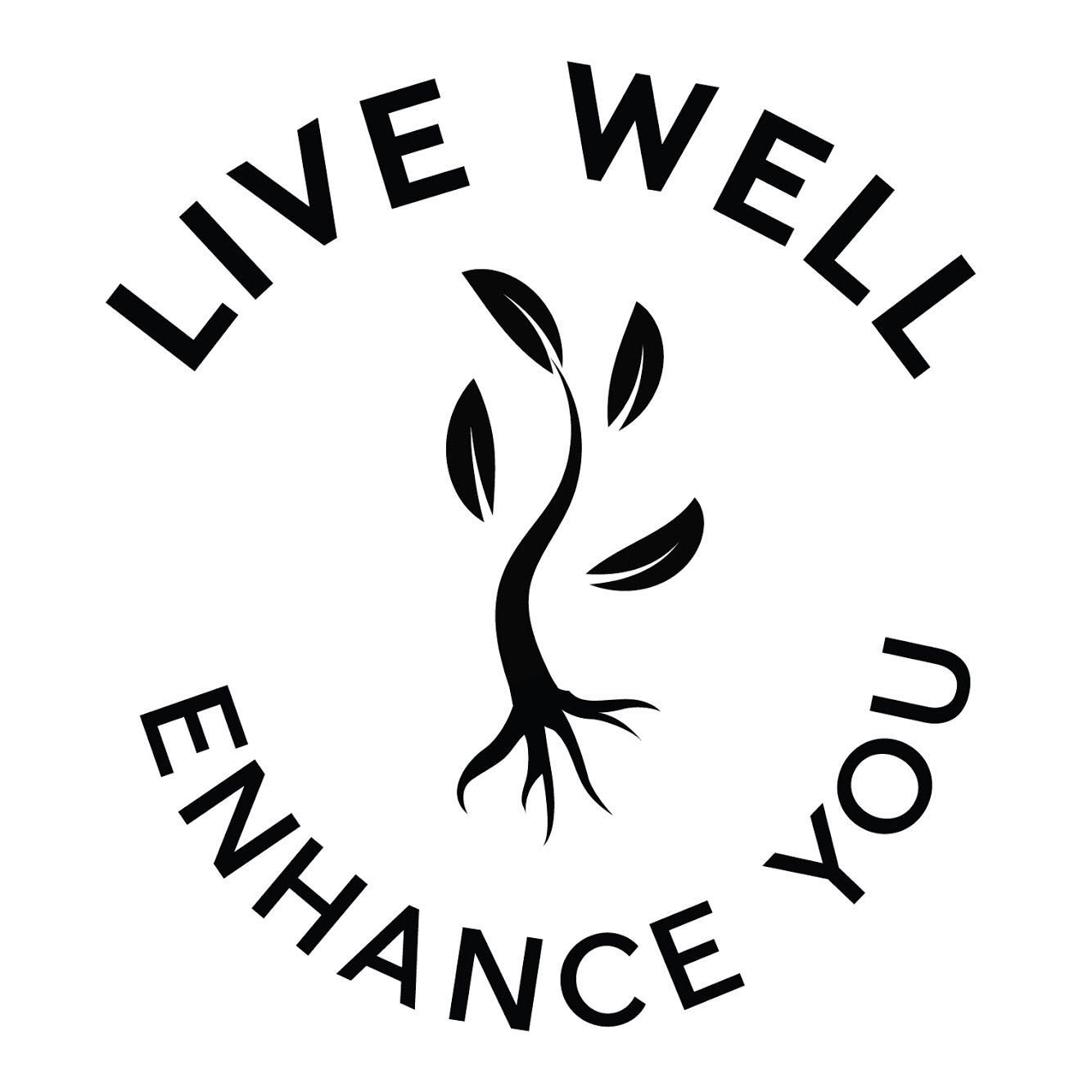How to Recover From Burnout and Be Happy Again
By Jasmine Clark, Live Well Enhance You Contributing Writer
Would you say you’re burned out right now? Burnout is more than simply feeling tired. It’s something deeper.
If you’re in a season of burnout, you’re not living your fullest life. You’re just stuck in a painful situation – and that can have physical and mental consequences. But keep reading to find out how you can move past burnout and finally feel better.
What does “burnout” mean?
The word “burnout” brings up images of a bright lightbulb going dark, or a fire getting smaller and weaker until it dies. The idea is that your physical and mental energy is disappearing.
Of course, no one is full of energy and motivation all the time. We’re human. We all get tired sometimes and feel like ignoring our to-do lists and bingeing on YouTube. But burnout is different.
The Mayo Clinic defines burnout as “a state of physical or emotional exhaustion that also involves a sense of reduced accomplishment and loss of personal identity.” Burnout distorts your way of thinking. It makes you feel defeated and hopeless, like you’re not good enough and you’re not doing anything meaningful.
What causes burnout?
Having a demanding job is a common reason for burnout (“occupational burnout”). If you work long hours, have a boss who’s hard to please, have coworkers you don’t get along with, or have difficulty doing your work successfully, burnout can set in.
Being a business owner also puts you at risk for burnout. You have to constantly worry about making sales while working hard to keep your clients and customers happy. The pressure of running a business is exhausting, which is why many business owners go through multiple periods of burnout.
Being a parent is often another cause of burnout. Caring for a relative with disabilities can be yet another cause. Any situation that continuously gives you stress can put you in a state of burnout. The key word is “continuously” – burnout happens when you continue to experience an ongoing stressful situation and you don’t have a break. The stress piles up over time.
Signs you’re burned out
The tricky thing about burnout is that it can happen so gradually, you don’t realize you’re in it! It’s possible you’ve gotten used to the way your day-to-day life is and you don’t recognize it as burnout. But look at these signs and see if three or more apply to you:
You’re physically tired most of the time and hardly ever feel energetic
You wake up every morning not wanting to get out of bed because you feel like as soon as you get out of bed, the misery starts
You find yourself getting easily annoyed by many things
Your sleeping habits have changed: You’re either sleeping more than normal because you feel totally drained, or you barely have time to sleep because you’re too busy
You don’t have a lot of positive thoughts, but you have many negative thoughts like “I hate this,” “I can’t do this,” “This will never work,” “I’m a failure,” “What’s the point,” etc
You find yourself thinking slowly and you have trouble thinking through tasks that normally wouldn’t be that hard
Your productivity isn’t efficient – you feel like you’re working hard, yet tasks are getting done slowly
You rarely feel passionate or motivated, instead frustrated or apathetic
You have more aches and pains than normal
You’re having trouble concentrating and remembering things
You feel resentment toward other people and believe no one cares about you or wants to listen to you
How to recover from burnout
One of the best things you can do is take a few days off if possible. Don’t fall into the trap of thinking you would be “lazy” if you took days off. Not true!
If it’s not possible to take days off anytime soon, try to plan ahead and carve some time for yourself during one day. You could watch a movie, take a long walk, get a massage, etc.
If your schedule allows, make an effort to have a consistent sleep time every night and allow for 7-8 hours of sleep.
Set boundaries with people, such as your boss, coworkers, clients, or family and friends. Let them know what your limits are so they’ll have realistic expectations of how much you can do in a day.
Open up and be vulnerable. Don’t try to be “strong” and keep your emotions bottled up. Talk about your situation to a loved one. It may be a little awkward, but talking to someone you’re close to really will help you feel better.
Burnout can be difficult to heal from, and it helps to hear advice from experts. Tune in to these Stress Free SOULutions podcast episodes about burnout:
Learn How to Identify and Reduce Your Burnout (Solo episode)
How Quantum Healing Reduced Burnout | Boki Dee
How Hypnotherapy and Self-Care Reduces Burnout | Sharon Thompson
How Healthcare Workers Can Heal From Burnout | Lisa Dunlap
How to Recover from Work-Related Burnout | Dr. Kate Steiner
Jasmine Clark is a freelance writer from North Carolina. She enjoys writing about topics such as stress relief and positive thinking. She likes to encourage others to find ways to calm down and relax. In her spare time, she loves to write fiction stories and watch TV and YouTube. You can find her on Instagram @cozysachi.
